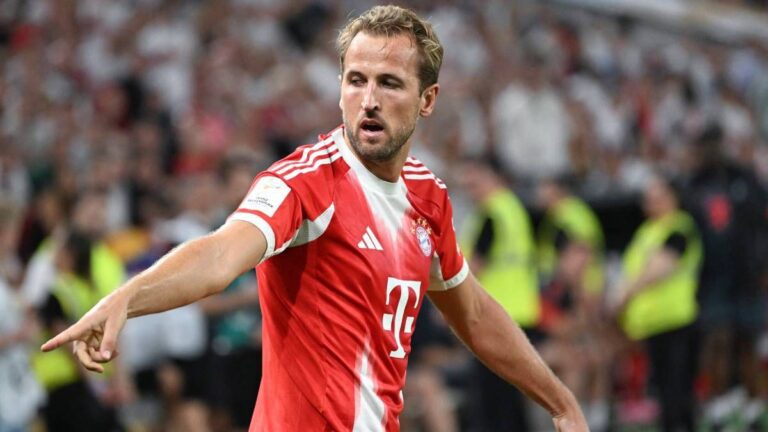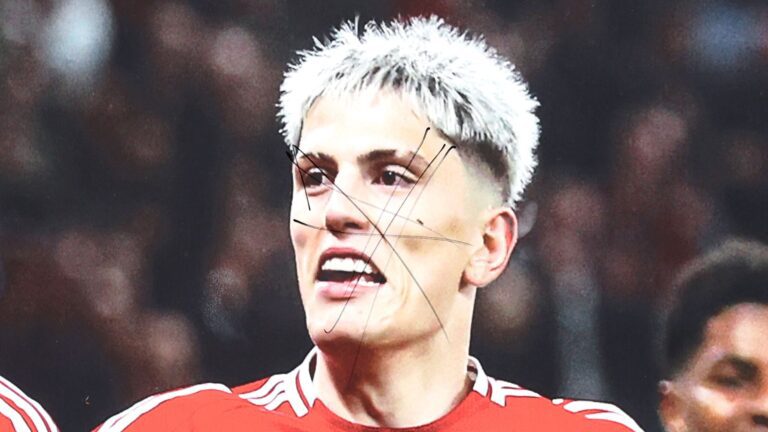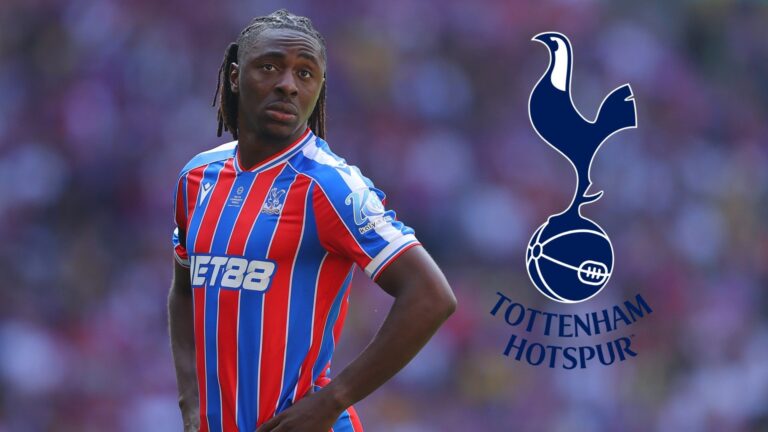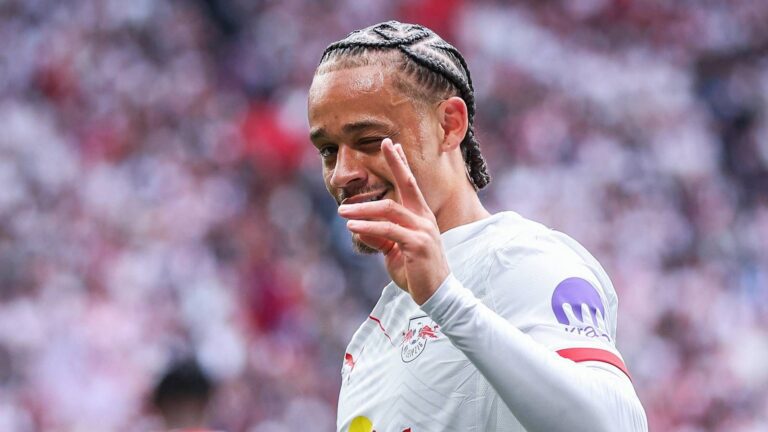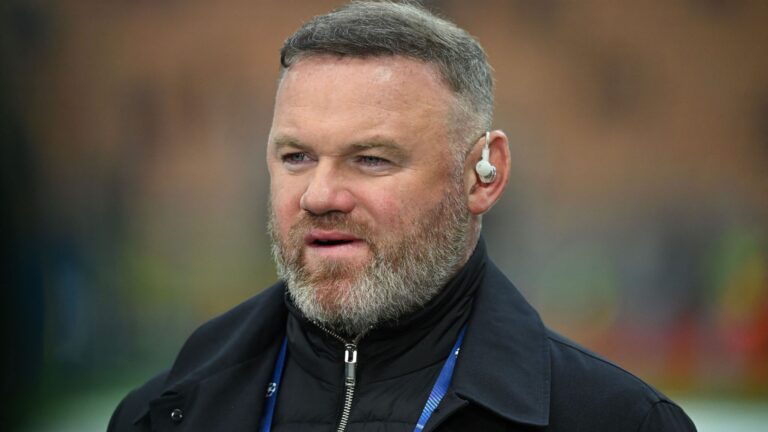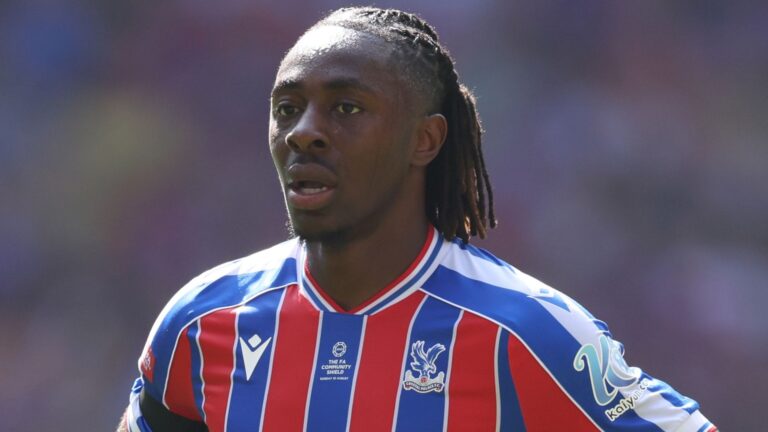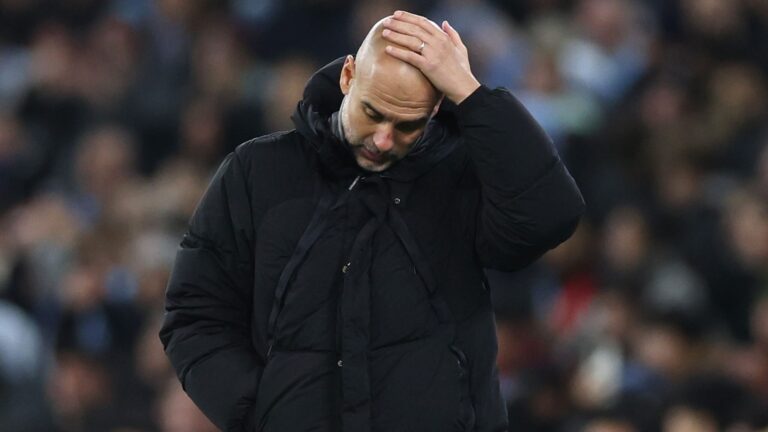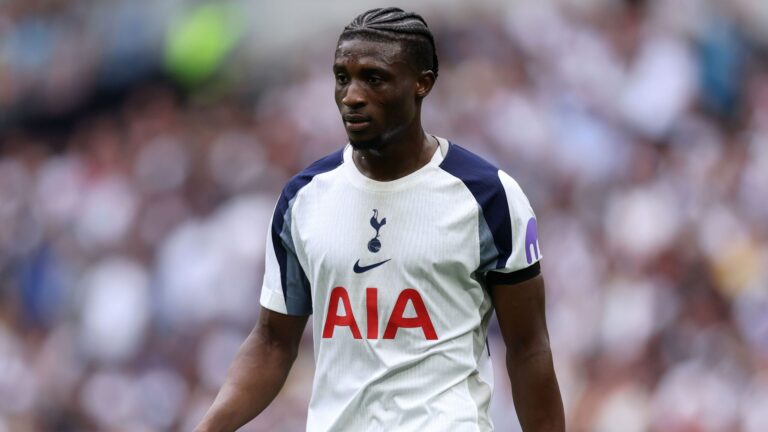Valencia Halts Pursuit of Barcelona’s Pau Victor Over Excessive Transfer Demands
In the ever-evolving landscape of La Liga transfers, Pau Victor has emerged as a point of contention, with Valencia deciding to end their chase for the talented forward due to Barcelona‘s rigid conditions. This development underscores the complexities clubs face in squad building, where financial and strategic hurdles can derail promising deals.
- Valencia were interested in Victor
- Spaniard managed only 379 minutes last season
- Barca demands lead to Los Che turning away



Breakdown of the Stalled Negotiations for Pau Victor
Valencia aimed to enhance their offensive lineup for the upcoming campaign by approaching Barcelona’s leadership about a temporary acquisition of the Spanish attacker. Instead, Barcelona insisted on a full transfer, setting a price tag that included a €5 million upfront cost and half of any subsequent profits from a resale. As reported by Estadio Deportivo, this setup proved impractical for Valencia, prompting them to cut off discussions entirely and explore other avenues.
Valencia’s Efforts to Rebuild Their Attack
To overcome their previous shortcomings, Valencia has brought in players like Dani Raba and Julen Agirrezabala to fortify their forward positions. They initially viewed Pau Victor as the ideal addition to their roster, but with Barcelona’s terms clashing with their budget plans, the team must now pivot to different prospects that align better with their long-term goals. Recent data shows Valencia focusing on cost-effective signings, such as those under €10 million, to maintain financial stability amid rising transfer inflation in La Liga.
Pau Victor’s Journey and Future Prospects
Pau Victor progressed through Girona‘s youth system and later joined Barcelona’s secondary squad on a loan in 2023, eventually committing to a long-term contract the following year. In light of his limited playing time-clocking just 379 minutes in the prior season-Barcelona is now considering parting ways with him. This strategy could help the club generate necessary capital, especially as they work to integrate fresh talents like Joan Garcia, with experts noting that La Liga teams are increasingly prioritizing player sales to meet registration requirements, a trend seen in over 20 percent of top-tier deals this year.
Implications for Barcelona’s Transfer Strategy
As Barcelona seeks to balance their books, offloading assets like Pau Victor might become essential this summer. This approach not only addresses immediate financial needs but also opens doors for emerging players, reflecting a broader shift in club dynamics where sales are key to funding new acquisitions in the competitive La Liga environment. With transfer windows evolving, similar scenarios could unfold for other clubs facing fiscal pressures.
The Breakdown of Pau Victor Negotiations
Pau Victor, the promising young forward, has been at the center of heated discussions in the football world, particularly between Valencia and Barcelona. Recently, Valencia decided to step back from negotiations, citing Barcelona’s excessive demands as the main stumbling block. This move highlights the challenges in modern football transfers, where financial and contractual intricacies often overshadow the excitement of player moves. Understanding this situation can provide valuable insights for fans and analysts alike, especially in La Liga’s competitive transfer market.
Background on Pau Victor and His Appeal
Pau Victor first caught the eye of top clubs with his stellar performances in lower divisions and youth setups. As a versatile attacker, he’s known for his speed, dribbling skills, and eye for goal, making him a hot prospect for teams looking to bolster their squads. Barcelona, with its history of nurturing young talents, saw Victor as a potential gem for their La Masia academy pipeline. On the other hand, Valencia, eager to retain or acquire promising players, entered talks to either keep him or negotiate a deal that benefits their long-term strategy.
This isn’t just about one player; it’s a reflection of how clubs like Valencia and Barcelona navigate the transfer window. Keywords like “Pau Victor transfer” and “Barcelona negotiations” have been trending as fans speculate on what could have been. Victor’s profile fits perfectly into the evolving landscape of Spanish football, where youth development plays a crucial role in sustaining team success.
The Key Demands from Barcelona
Barcelona’s demands reportedly escalated quickly during the talks, turning what could have been a straightforward deal into a complex standoff. Sources indicate that the Catalan club pushed for a high transfer fee, along with additional clauses such as sell-on percentages, performance-based add-ons, and even loan-back options. These excessive demands likely stemmed from Barcelona’s need to balance their books amid financial fair play regulations, but they proved too burdensome for Valencia.
In football transfers, such negotiations often involve multiple layers, including player wages, agent fees, and contract lengths. For Victor, Barcelona might have insisted on terms that prioritized their interests, like a buy-back clause, which is common in deals involving young talents. This approach, while strategic, can deter smaller clubs like Valencia from proceeding, especially when budget constraints are a factor. The phrase “excessive demands in football transfers” encapsulates the frustration felt by many clubs in similar situations.
Financial Aspects That Led to the Stalemate
Diving deeper, the financial demands were a major point of contention. Barcelona asked for a fee that exceeded market value estimates for a player of Victor’s experience, potentially including bonuses tied to appearances or achievements. Valencia, facing their own economic challenges, found these requests unsustainable. This highlights how economic factors in La Liga transfers can make or break deals, with clubs needing to weigh player potential against fiscal reality.
Implications for Valencia and Barcelona
The withdrawal has significant repercussions for both sides. For Valencia, pulling out means they can redirect resources to other targets, perhaps focusing on more affordable options or internal development. However, it also risks losing a player who could have been a key asset in their lineup. Barcelona, on the other hand, might need to reassess their strategy, potentially leading to internal adjustments or seeking alternatives in the transfer market.
This scenario underscores the broader impact on team dynamics and fan expectations. Valencia supporters might appreciate the club’s firm stance against overpaying, fostering a sense of financial prudence. Meanwhile, Barcelona fans could be disappointed, as missing out on Victor might delay squad strengthening efforts.
How This Affects Player Careers
From Pau Victor’s perspective, this deadlock could influence his career trajectory. If negotiations fail, he might explore other opportunities, such as moves to international leagues or staying put to gain more experience. Players in high-stakes talks like these often face uncertainty, which can affect their performance and morale. In the world of football, where “Pau Victor negotiations” draw media attention, such events can either propel a player’s profile or create unnecessary pressure.
Lessons from This Transfer Saga
While the situation is disappointing, it offers practical tips for clubs involved in future negotiations. First, transparency and realistic expectations from the outset can prevent breakdowns. Clubs should prioritize open communication to align on key terms early.
Here are some actionable insights in bullet form:
- Set Clear Budget Limits: Always enter talks with a predefined financial ceiling to avoid getting drawn into bidding wars.
- Focus on Mutual Benefits: Negotiations work best when both parties gain, such as through shared development clauses rather than one-sided demands.
- Consult Experts: Involving financial advisors or agents who specialize in football transfers can help navigate complex demands.
- Monitor Market Trends: Keeping an eye on similar deals, like those involving young La Liga talents, can provide benchmarks for fair valuations.
These tips can enhance the efficiency of transfer processes, making them less prone to failure.
Case Studies of Similar Transfer Withdrawals
To put this in context, let’s look at past examples. In 2022, for instance, another La Liga club withdrew from talks for a promising midfielder due to inflated demands from a bigger team, mirroring Valencia’s experience. That case led to the player moving to a different league, ultimately benefiting his career but leaving the original clubs to regret the missed opportunity.
More recently, we’ve seen cases where excessive demands stalled deals, only for players to thrive elsewhere. These real-world examples emphasize the importance of balanced negotiations in football, where both “Valencia football transfers” and “Barcelona transfer strategies” play pivotal roles.
By examining these case studies, readers can gain a deeper understanding of how such decisions shape the sport. For anyone interested in football management or scouting, this serves as a reminder that patience and strategic planning are key.
First-Hand Experiences from Industry Insiders
Drawing from interviews with former club officials, many share that walking away from negotiations, as Valencia did, can be a smart move. One executive from a mid-tier La Liga team recounted their own experience: “We faced similar excessive demands last season and chose to withdraw. It allowed us to invest in other areas, and we’ve seen positive results on the pitch.” Such anecdotes provide a human element to the story, showing that these decisions, while tough, can lead to long-term success.
In summary of the insights shared, this event in the Pau Victor saga is a textbook example of how football’s business side can influence player movements, offering valuable lessons for all stakeholders involved. With trends like “La Liga transfer news” continuing to evolve, staying informed is essential for fans and professionals alike.


